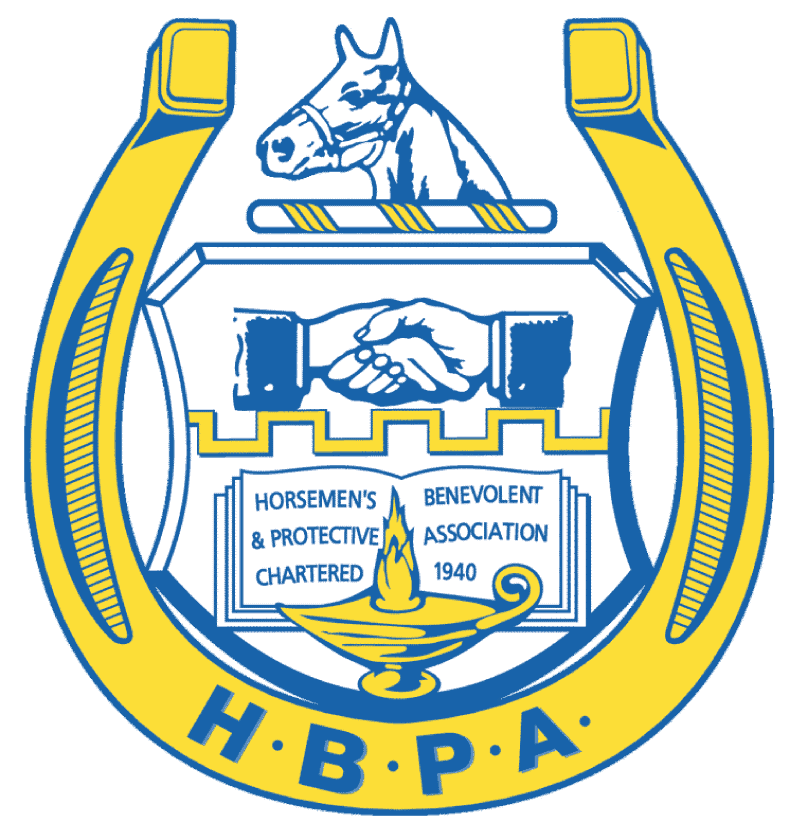Officials: Penalty System Key Part of Program
Blood-Horse
As more jurisdictions continue to implement the multiple medication violation penalty system as part of the National Uniform Medication Program, officials March 31 said it’s beginning to show it can be a useful tool.
The MMV penalty system, which officially began Jan. 1, 2014, in jurisdictions that had adopted it at that time, assigns points to violators based on the Association of Racing Commissioners International uniform classification system for controlled therapeutic substances and non-controlled substances.
Penalties range from a half point for a Class D controlled therapeutic substance to six points for a Class A non-controlled substance. Suspensions are determined as follows: Thirty days for 3 to 5.5 points, 60 days for 6 to 8.5 points, 180 days for 9 to 10.5 points, and 360 days for 11 or more points.
The points are assigned when a medication positive is adjudicated—if there is no appeal or if the trainer loses an appeal. Points are expunged over a period of time if a trainer has no subsequent violations.
“This is the last rung of the uniformity system (the industry) has developed,” said Alan Foreman, chairman of the Thoroughbred Horsemen’s Association. “We have made a generational shift. Five years ago we wouldn’t be talking about a central database (for penalties), and we wouldn’t be talking about a system where we’ve separated drugs recognized as (therapeutically) necessary from (illegal) ones.
“We’ve gotten veterinarians out of stalls on race day. And only five years ago not even a handful of laboratories were accredited to any standard.”
Foreman was one of the speakers on the second day of the Racing Officials Accreditation Program conference the White Clay Country Club at Delaware Park. Presentations on the MMV penalty system were provided for the benefit of stewards and judges who may not yet be familiar with the details of the system.
RCI chairman Duncan Patterson, who also chairs the Delaware Thoroughbred Racing Commission, said the MMV penalty system has been approved for use in 14 of 32 jurisdictions.
In the Mid-Atlantic region, which was the first to move on uniform medication standards, Foreman said the MMV penalty system will be adopted by Pennsylvania regulators in September, and that in West Virginia the state legislature has passed, and the governor has signed, the MMV penalty system into law.
It was noted the system operates separately from the customary rulings by stewards or judges after hearings are held. Patterson said nothing changes with the underlying violation, and that if MMV points tracked by RCI accumulate and reach a certain threshold, the points-based suspension comes on top of any suspension originally meted out by stewards.
Officials have said the idea behind the points system is to weed out and punish repeat offenders or trainers that may use substances that have no place in a racehorse’s system. Under the MMV penalty system, points for Class A positives never are expunged from a trainer’s record.
“If you get a Class A, you’re pretty much marked and have a very small margin of error,” Foreman said. “No trainer wants a suspension, and no trainer wants a lengthy suspension. Since the implementation of the new system—we are going to have violations, yes—horsemen are paying greater attention to what they’re doing, and we are now able to separate out the more serious violators.”
On the topic of lab accreditation, Patterson said more work must be done. He acknowledged the majority of racing jurisdictions now use accredited labs, but uniformity in actual testing is an issue as evidenced by a run of positive findings and testing backlogs in three Mid-Atlantic states last summer.
“The good news is 25 of 32 jurisdictions utilize an accredited lab,” Patterson said. “The bad news is I thought accreditation would ensure the same methodology and protocol would be used in every lab. It became painfully clear last summer that’s not the case.”





